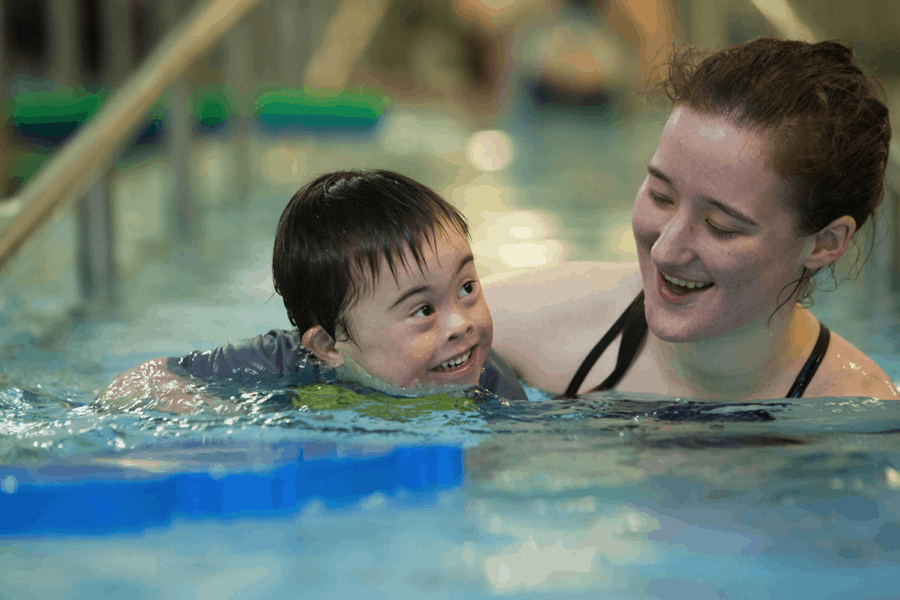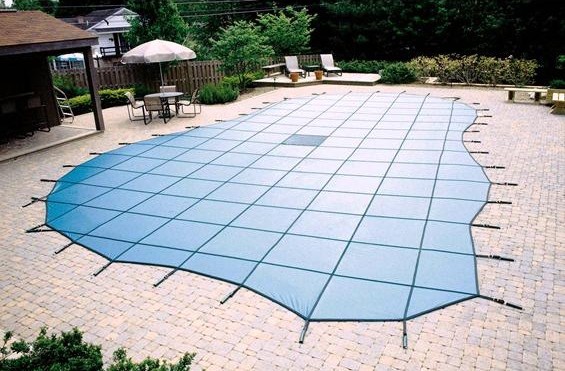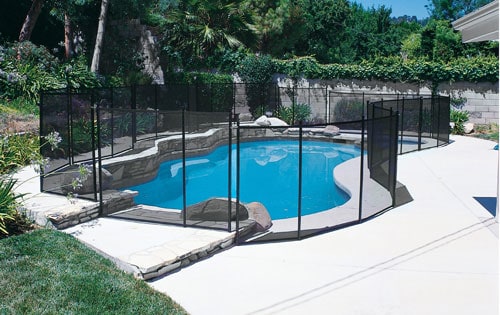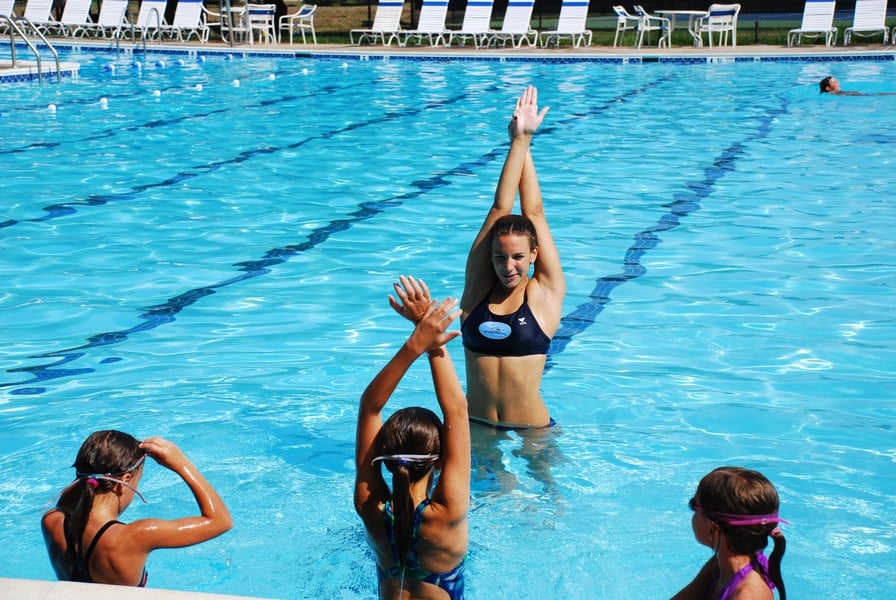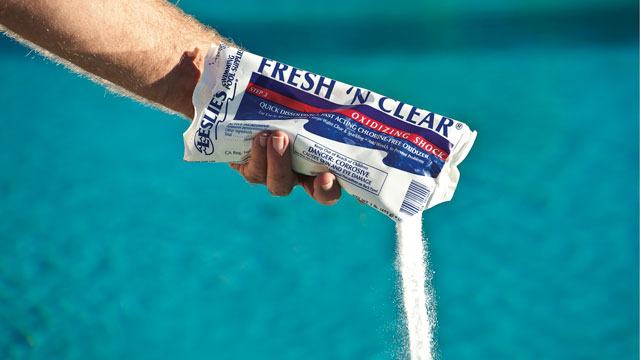Swimming pools are fun for children of all ages, but they can be a bit of a challenge for children with special needs. If you have a child with a disability, you may need to spend extra time teaching your child how to be safe in the pool. The guide below provides some helpful tips for swimming lessons for special needs children so your whole family can enjoy the water this summer.
Get Comfortable with the Water
In order to feel safe in the swimming pool, your child may need to be acclimated to the water over a stretch of time. You may start off putting just his feet or legs in the water while he sits on the steps, and then you can slowly walk him out to the shallow end. If you have a kiddie pool, you could also use this in your swimming lessons.
Wear Safety Gear
It would be wise to put your child in a life jacket or arm floaties until he knows how to swim. Even after he knows how to swim, you may want to keep floatation devices in the pool for him to grab onto. The floatation devices will ensure that your child can reach the surface of the water if he feels like he is drowning. They will help instill your peace of mind while he is in the pool.
Start with Basic Movements
Once your child is comfortable in the swimming pool, you can teach him some basic movements he will need to know for swimming. This may include moving around on the surface of the water, moving his arms in a stroking motion, kicking his feet to hold his body up, floating, blowing bubbles, and holding his breath under water. This information may need to come over a series of lessons, depending on how quickly your child catches on. Remember that special needs children need extra time to learn how to swim and stay safe in the pool. Patience will be crucial for the success of your swimming lessons.
Note that a lot of children do better with visual diagrams than they do with verbal lessons. You may have to physically show your child what to do in order for him to fully grasp the movements you’re teaching him.
Maintain a Consistent Schedule for Swimming Lessons
Most children with special needs benefit from having a routine schedule that they can predict and rely on. Thus it would be wise to set a consistent schedule for swimming lessons that your child can look forward to. Perhaps you can hold the lessons every night at 7 pm, after you get home from work and eaten dinner. You could also make a plan for a long lesson on Saturday afternoon, in between lunch and dinner. Make a plan that suits your child and your personal schedule at the same time, and then stick to it.
Always Keep a Spotter Around
Even after your child has mastered the art of swimming, you should still keep a spotter around in case something goes wrong. Do not leave a child with special needs unattended around a pool because you never know what could happen. You need to be able to jump in within seconds of something happening so you can save your child from accidentally drowning. You may even consider taking a class on CPR and other lifeguard safety tasks so you can protect your child from harm. If you do all of this and remain patient along the way, your special needs child will soon have a fun summer ahead.

